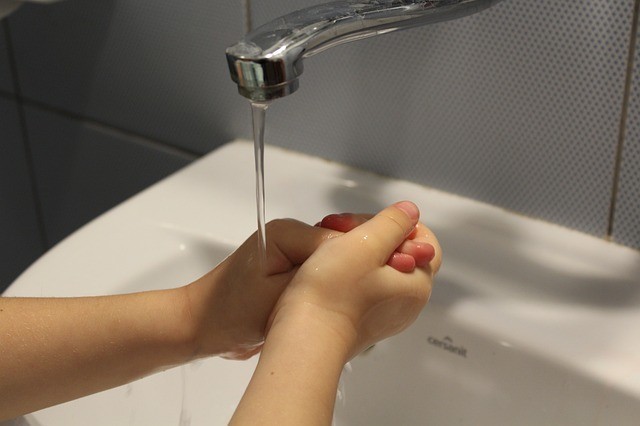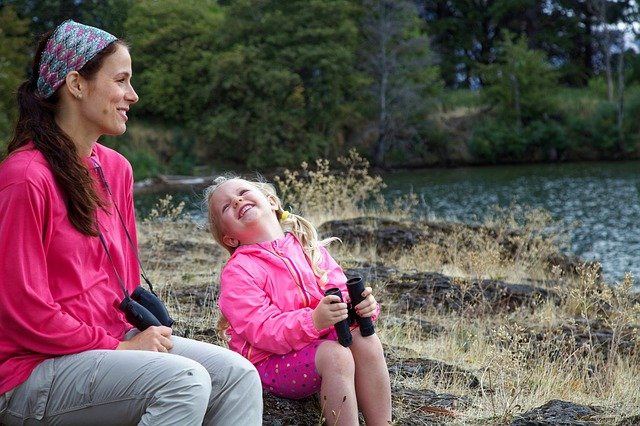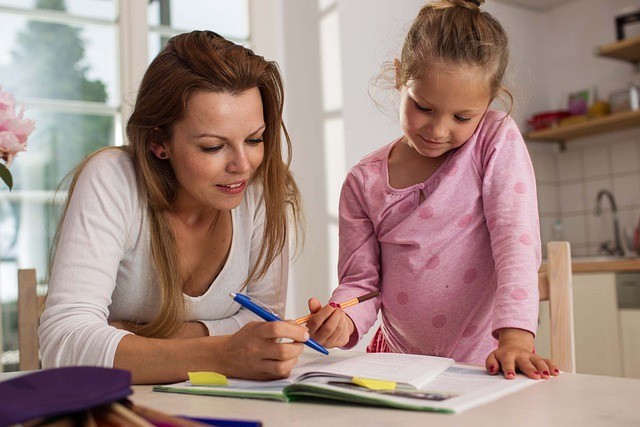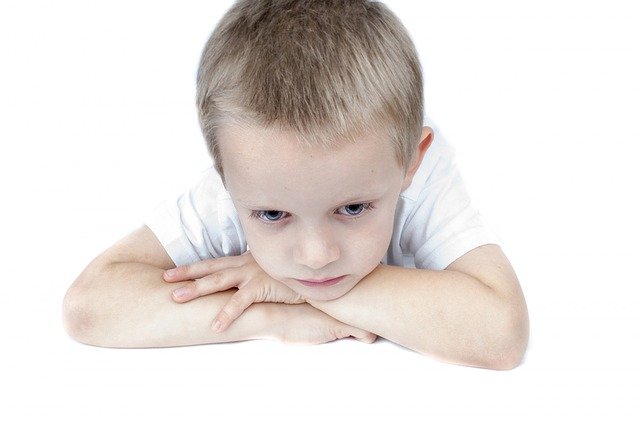As COVID lockdown eases, many children are starting back to school and able to head out and play with their friends again. This sounds like a dream, but when you look at the situation reality, it can be full of anxiety and worry.
COVID has turned our lives upside down and caused us to live in a strange alternate universe for the last year and a half. As adults, we understand to a certain degree what is happening and why we need to make changes, but children struggle with that understanding. No matter how well you explain to your child about why they can’t go to school or go and see their grandparents, it’s still going to be strange and worrisome to them. Remember, a child’s imagination is extremely strong, and even if they tell you that they’re fine, you don’t know the stories they’re creating in their minds.
For that reason, it’s even more important than ever before to keep checking in with your child emotionally and support their transition away from the ‘stay at home’ order and back into school and social settings.
Social anxiety is a real thing. We tend to assume that it’s only adults to develop this condition but for a child who has been living in a confusing COVID world, its not surprising that this can become an issue.
As parents and caregivers, it’s our responsibility to help our children to ease back into social settings, be it school, childcare, or simply being around friends again. So, how can you do that and give your child the confidence they need to socialise again, post-COVID lockdown?
Explain The Situation Carefully
It’s not going to work if you suddenly wake up one morning and tell your child that they can now go out and play with their friends, when you’ve been telling them they can’t for the last x number of months. There will be questions and it’s going to cause a huge amount of anxiety. You may think that shielding your child is the best way forward but in reality, it’s detrimental. It’s far better to explain the situation to your child carefully, in an age-appropriate way, ahead of anything happening.
A few days or even a week before the lockdown releases your child back out into the social world, sit them down and talk to them about what’s about to happen. Do it in a positive way and explain that things are much safer now and although we still need to wash our hands and keep our distance, it’s okay to go back to school and to go back out to see friends again. It’s likely that your child will have questions, so make sure that you answer all of them and don’t just push them aside or say “don’t worry”.
Keep Everything as Positive as Possible
Of course, you’re going to have some worries about entering the “real world” after COVID, everyone does, but you should keep a positive spin on everything as much as possible. In your home, talk positively about being able to go back outside and see things again, perhaps even plan to have a few days out as a family during the weekends. This will give your child something to focus on and keep them from worrying about entering back into a social setting once more.
You could also explain to your child that you feel a little strange about going back to work and seeing everyone again, but that it’s normal to feel that way after you’ve been out of that situation for a while. By doing that, your child identifies with your worries too and appreciates them as normal and valid.
Understand Their Worries
To help your child transition back into social settings, it’s important that you also understand why they may be worried in the first place. They may feel stressed and want to spend time in their room, without having to talk to other people. They may be worried about you going back to work and possibly becoming sick. They might also be scared that things are going to be different when they go back to school or meet up with their friends. These are all totally normal reactions to the situation we’ve been in and as far as social anxiety goes, pretty standard signs.
Know that there is nothing wrong with your child and that they’re simply going through an adjustment period. By understanding what they’re worried about, you can reassure them as best you can.
Ease Them in Gently
Prior to school or prior to you going back to work, you could meet up with a friend who has children your child’s age and go out to the park together. That means that your child will feel more at ease because you’re there with them and they’re able to relax and play with their friend, without worries.
It’s likely that your friends are having the same concerns with their own children and will probably jump at the chance to meet up and slowly ease your children into social settings once more. By doing this before school, you’re helping your child to feel more comfortable around other people once more.
Encourage Them to See it as an Adventure
When you’re talking to your child about going back to school and seeing friends again, encourage them to see the whole thing as an adventure. Ask them to find out what their friends have been doing during lockdown – have they picked up any new hobbies? Do any of them have any new pets? What are their summer holiday plans?
Putting this type of positive spin on things and almost giving them a task to complete helps your child to focus their mind on something other than the worry they’re feeling about being around people again after so long.
Make Sure They’re Sleeping Well
This may sound unrelated but if your child is tired from not sleeping well, they’re going to find it even harder to engage socially. Stress and worry can easily affect sleep patterns and if your child is struggling to get to sleep, waking up a lot during the night, or often appearing very tired throughout the day, this is something to address.
Try and put a regular sleep routine into place and do it ahead of them going back to school. Put them to bed at the same time every night and wake them up at the same time every morning. Try a warm bath before bed or a warm, milky drink, and read them a bedtime story to get them to nod off. You could also try a nightlight, but remember to avoid the use of technology or anything too stimulating on TV in the couple of hours before bed.
The basics can really help your child to feel more up to socialising and if they’re well rested and feeling stronger and healthier in themselves, they’ll be more able to put their worries aside and bravely head back into social settings.
Remember That Kids Are Resilient But Need Support
We’re in totally unchartered waters here. We’ve never had to work our way through a pandemic before and all of that has such an unknown effect on our lives. It’s likely that you’re feeling stressed yourself but allowing your child to detect that will only make their worries even worse.
Children are resilient. They are able to work their way through all manner of situations and prove us wrong time and time again but they still need support. Staying in the house for many months and doing their school work online easily gets them into a routine of isolation. Sure, they may talk to their friends on social media or even do Zoom calls, but there is no true replacement for socialising in person.
When you sit down and tell your child that the door is finally being opened and they’re able to socialise again, it’s very normal for them to feel apprehensive but you first need to reassure them about the safety aspects, whilst also ensuring that they understand about hand washing to stay safe, and then put a positive spin on socialising once more.
The truth is that all of this is positive but when you’ve been in a situation like COVID for the last year and a half, it’s hard to trust anything to stay positive for long. Your child may worry that this is only temporary and that school is going to be closed again. Make sure they understand the fact that everything is much safer now and that hopefully, they can go back to being around their friends with no interruption in the foreseeable future.
It’s possible that your child may struggle at first or be a little quieter than they normally are but as long as you’re monitoring the situation and you’re encouraging them to share their experiences and their feelings, they should slowly start to ease back into socialising again.




